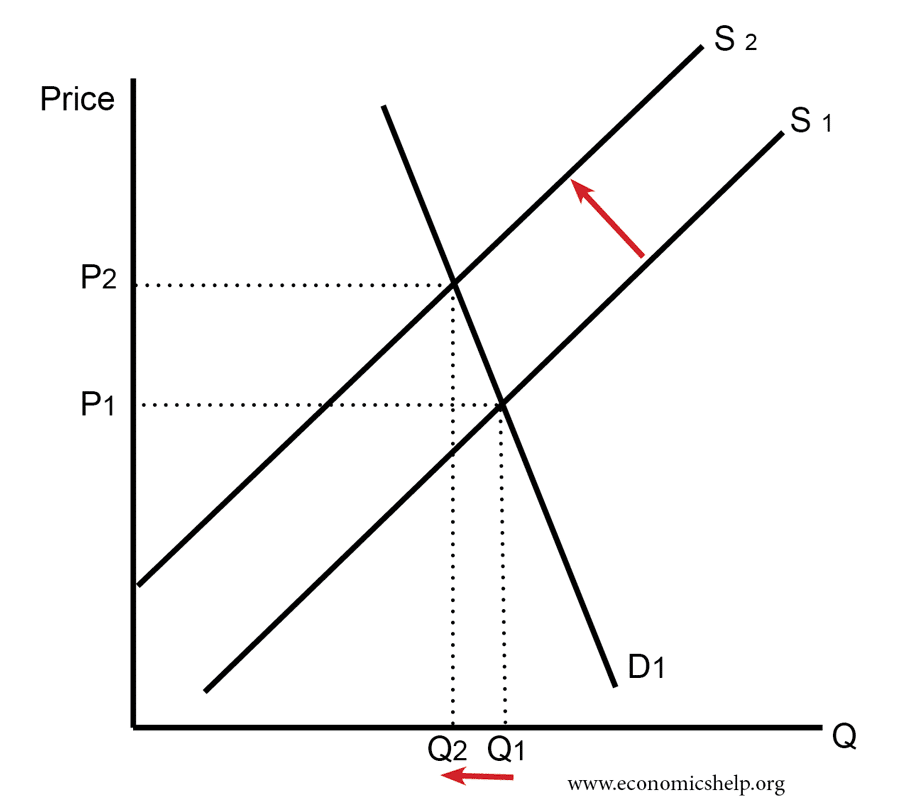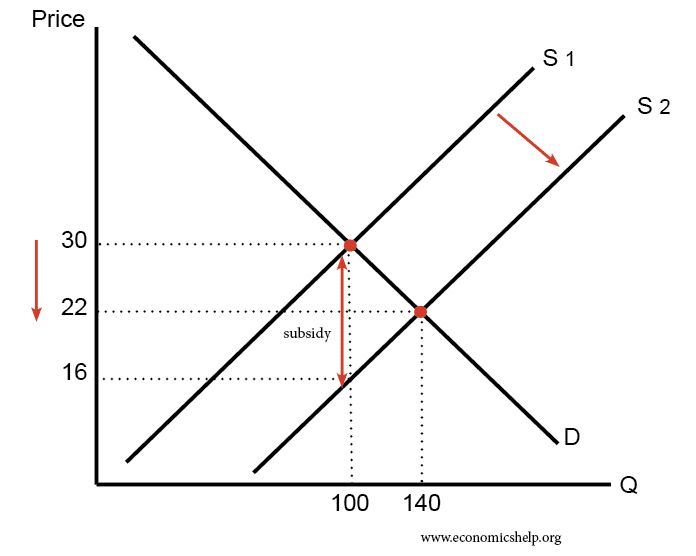Discuss Economic Policies to Improve the Health of the Nation
Can we use economics to improve the nation’s health? For many years rising living standards led to improved health and life expectancy. Greater national income enabled more to be spent on health care. Combined with improved medical technology, life expectancy rose. However, in many western countries this improvement in health standards has been offset by a rise in ‘diseases of affluence’ – For example, obesity related illness e.t.c
Policies to Improve Health
Tax
Governments can use tax to make unhealthy goods less attractive. For more details see Fat Tax. Making unhealthy foods more expensive can discourage consumption. It can also raise funds to spend on subsidising healthy alternatives.
However, there are problems with the tax. It is difficult to define what is meant by an ‘unhealthy food’ In a balanced diet, cheese is good for you. But, if you eat a half a pound a day, you’re likely to become obese. Crisps and chocolate may be an obvious target, but, it could be difficult and expensive to administer the tax, deciding what to tax.
Another argument is that tax on unhealthy foods may reduce the disposable income of people on low incomes as they pay a disproportionately higher amount on food. Though the tax on unhealthy foods could be used to redistribute income if necessary.
Subsidies
The government could subsidise activities which promote good health. For example, sports centres and physical activity could be subsidised making them cheaper for all.
However, price is only a small factor in whether people take physical exercise. It is free to go jogging in the park. But, if you’d rather be watching TV I doubt a government subsidy is going to make much difference.
P.E. in Schools
The government could devote a bigger % of the school curriculum to physical exercise. Hopefully, this would encourage school children to get into good habits which they will continue later in life. (Though cross country around our muddy school fields never created a lifetime habit in my case)
Advertising
Advertising campaigns to change behaviour may work in the long term. E.g. advising on the dangers of cigarettes and alcohol and encouraging the benefits of physical exercise. It is tempting to say government advertising campaigns are a waste of time. – Who is going to listen? But, there may be a cumulative effect. The long term impact of sustained advertising campaigns about the dangers of smoking may well have contributed to the steady decline in cigarette consumption.
Regulation
Sometimes the most effective policy is regulation. For example, banning smoking in public places indoors makes smoking less attractive and provides reasons for people to give up.
Encourage Cycling
Limitation of Government Intervention
People often criticise the idea of a ‘nanny state’ The idea that the government spend too much time telling us how to live our lives. To some extent, the government can provide certain incentives and disincentives. But, ultimately life style choices depend on individual preferences. However, that doesn’t mean the government should do nothing. A tax on unhealthy food has the potential to be a good example of a Pigou tax which helps to increase social efficiency by making people pay the full social cost. If the nation is healthier, then there may be potential cost savings for the NHS.
Related


